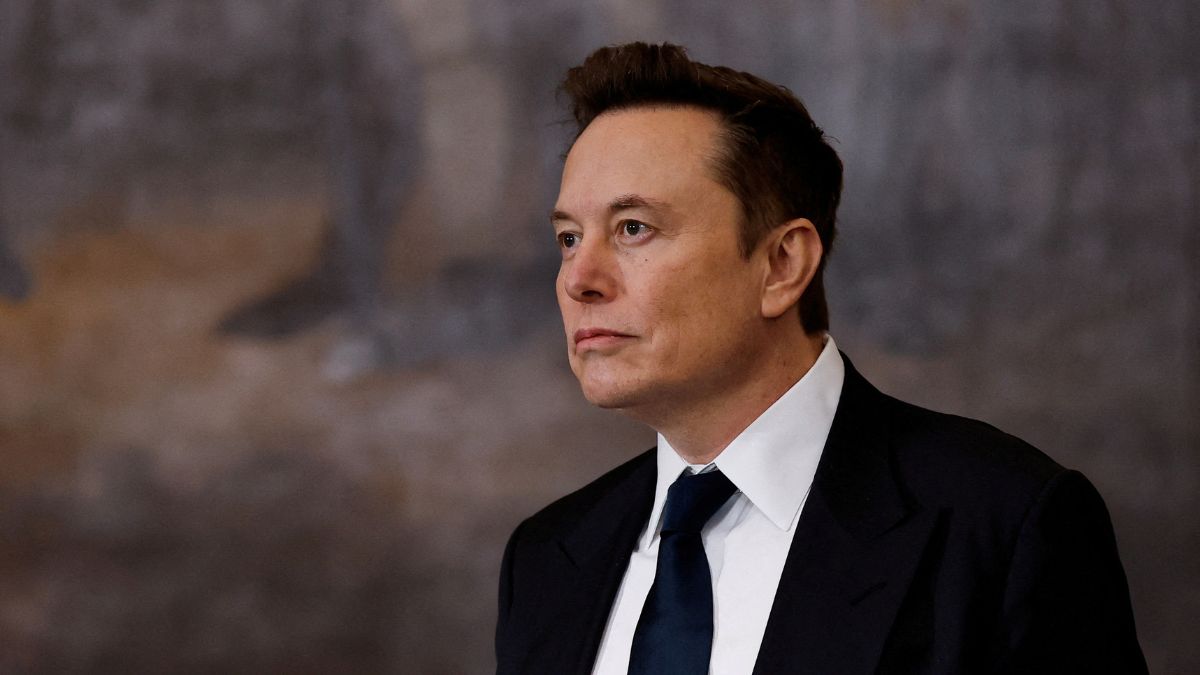Tesla and SpaceX CEO Elon Musk, once celebrated as an entrepreneurial visionary, is seeing his popularity wane in the United States.
A recent Wall Street Journal (WSJ) poll reveals that Musk’s favourability among Americans has dropped to 40 per cent, with 51 per cent expressing disapproval.
This marks a significant decline from October, when his approval and disapproval ratings were evenly tied at 45 per cent. The poll, conducted between January 9 and 14, surveyed 750 registered voters with a margin of error of ±2.5 per cent.
The drop in popularity coincides with Musk’s recent appointment to lead the Department of Government Efficiency (DOGE) under US President Donald Trump’s administration. Tasked with eliminating wasteful spending and improving the responsible use of taxpayer money, Musk’s new role has drawn mixed reactions from the public.
Despite his declining approval, Musk remains a prominent figure within Trump’s inner circle. He was a visible presence at Mar-a-Lago during the presidential transition and spoke at Trump’s inauguration ceremony in Washington, DC.
Musk unpopularity transcends borders
Musk’s unpopularity isn’t limited to the United States. In Britain and Germany, his approval ratings are strikingly low, with YouGov polls showing negative views held by 71 per cent of respondents in both countries.
Musk’s recent comments on UK Prime Minister Keir Starmer, linking him to past child grooming scandals , and his endorsement of Germany’s far-right Alternative für Deutschland (AfD) party have sparked widespread criticism.
Additionally, 74-76 per cent of respondents in Britain and Germany disapprove of Musk’s interventions in their domestic politics, viewing them as inappropriate.
Interestingly, while Musk’s influence in European politics is deemed minimal, 64-69 per cent of Britons and Germans believe he wields significant sway in the United States.
Nonetheless, only 26-29 per cent of respondents in these countries see value in their governments fostering strong relationships with Musk.
Musk’s “Nazi salute”
Musk found himself at the centre of yet another controversy during Trump’s inauguration celebrations. At a public event, Musk performed a gesture that some likened to a Nazi salute.
While the Anti-Defamation League dismissed the comparison as an “awkward moment of enthusiasm,” others, including historians, criticised the act.
Musk responded on X (formerly Twitter), stating, “The ‘everyone is Hitler’ attack is sooo tired.” The gesture further fuelled debates about Musk’s shifting political stance and growing alignment with far-right ideologies.
Challenges as the leader of X
Musk’s acquisition and management of X (formerly Twitter) have also attracted criticism. In both Britain and Germany, fewer than 20 per cent of respondents believe Musk has managed the platform appropriately.
The majority see X as allowing too much harmful content, with only 12-13 per cent thinking the platform strikes the right balance on free speech. This criticism has amplified perceptions of Musk as a polarising figure.
Some support in small right-wing pockets
Despite the backlash, Musk retains pockets of support among right-leaning groups. In Germany, 70 per cent of AfD voters hold favourable views of him, while in Britain, 47 per cent of Reform UK supporters share a positive opinion.
However, even among these groups, Musk’s influence on domestic politics is perceived as limited, with fewer than 20 per cent considering him impactful in their countries.
With controversies spanning his political affiliations, public behaviour, and management of X, Musk continues to polarise audiences worldwide.
With inputs from agencies
)